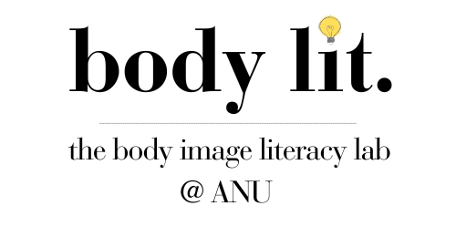The impact of human memory on the validity of health data collected during foodborne disease outbreak investigations
The project aims to elucidate the scope, nature and impact of memory errors in public health contexts and tests the efficacy of evidence-based cognitive interventions to enhance memory accuracy.
Research themes
Project status
Content navigation
About

In Australia, there are more than 4.7 million foodborne infections every year. Given the gravity of this problem, significant resources go into identifying the source of infections, particularly in outbreak settings. Despite these efforts, the origin of most infections go undetected. While health agencies have systematic procedures to detect, trace and prevent outbreaks, these investigations invariably rely on human memory, which is inherently error prone.
The current project aims to elucidate the scope, nature and impact of memory errors in public health contexts and tests the efficacy of evidence-based cognitive interventions to enhance memory accuracy. The project strategically partners with experts in outbreak investigation and brings together an innovative fusion of methods and perspectives across Cognitive, Experimental and Clinical Psychology, Infectious Disease Epidemiology, Population Health and Medicine, Experience Sampling and Implementation Science. This research promises to revolutionise interview tools to enhance the collection of health data and refine its quality.

Members
Principal investigator
Co-investigator
Other members
- Madeline F. Y. Han
- Tehzeeb Zulfiqar (NCEPH)
- Yiyun Shou (National University of Singapore)
- Norbert Schwarz (University of Southern California)
- Tim Sloan Gardner (ACT Health)
- Craig Dalton (Hunter New England Public Health)
- Russell Stafford (Queensland Health)



